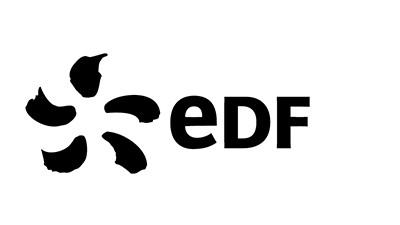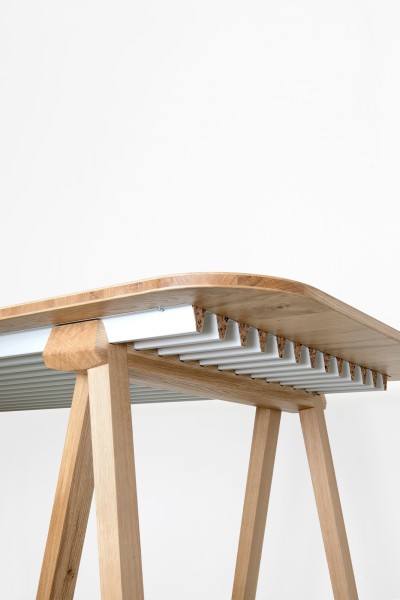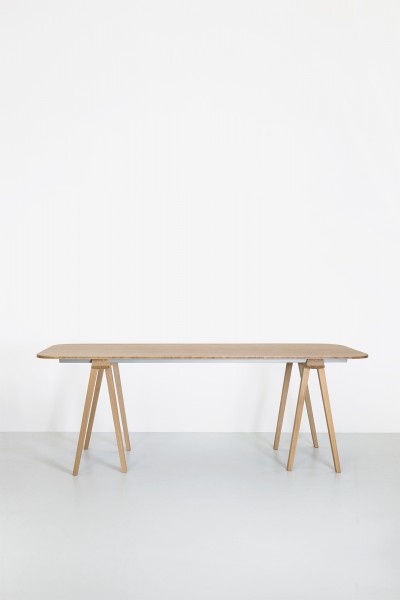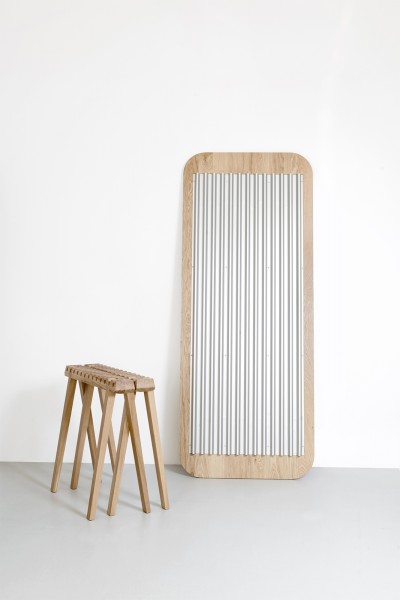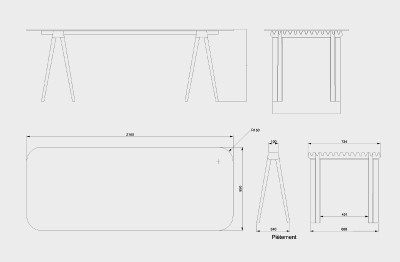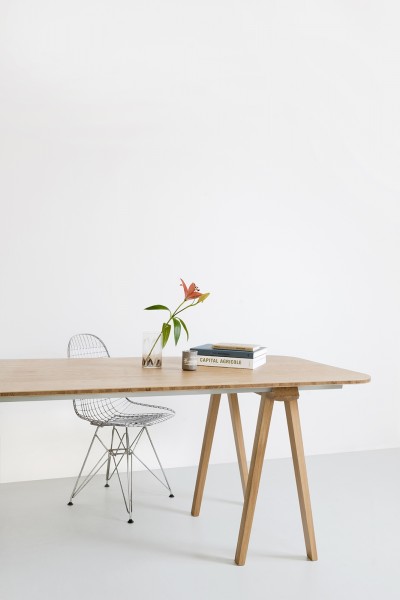With energy saving now recognized as a key challenge, design and small-scale projects all too often lag behind. What if furniture could also form part of this movement? How can the issue of energy savings be addressed at the furniture level rather than at the building level?
JUNE 2021
EXHIBITION AT THE GALLERY VALERIE GUERIN
The Climatic Table is presented at Galerie Valérie Guerin, 32 Rue de Bourgogne, 75007 Paris. Starting on 17 June 2021, a numbered edition of twenty-one tables will be available for purchase at the gallery.
PROJECT PRESENTATION
ZEF programme
Jean-Sébastien Lagrange, designer and Raphaël Ménard, architect and engineer, came together for this research: to see how multidisciplinary convergence could handle this problem and provide rational, viable and user-friendly solutions.
Its purpose: design simple, effective, coherent ZEF (Zero Energy Furniture) validated objects. ZEF has a didactic intention: what if the object participated in the mediation between the use and its necessary energy? And what if the design revealed a sensitivity to "true frugality" ? The objects in the ZEF program will be voluntarily passive, made of simple, easily separable materials: energy and comfort mustn’t overpower the other crisis, that of materials.
The Climatic Table, the first Zero Energy Furniture
The Climatic Table stems from the realization that everyday objects could serve energy sobriety. It aims to bring forward passive and easy-to-use solutions improving climate well-being.
This innovative climatic furniture, developed by Raphaël Ménard and Jean-Sébastien Lagrange with the support of the FAIRE project accelerator boasts very high levels of thermal inertia in spite of their low thickness. Their secret: encapsulated phase change materials (PCMs) located between the solid wooden worktop and the underside made of anodized aluminum.
The corrugated metal promotes heat exchange between the room and the thermal mass of the PCM. The geometry of the metal sheet further enhances the structural effectiveness of the table.
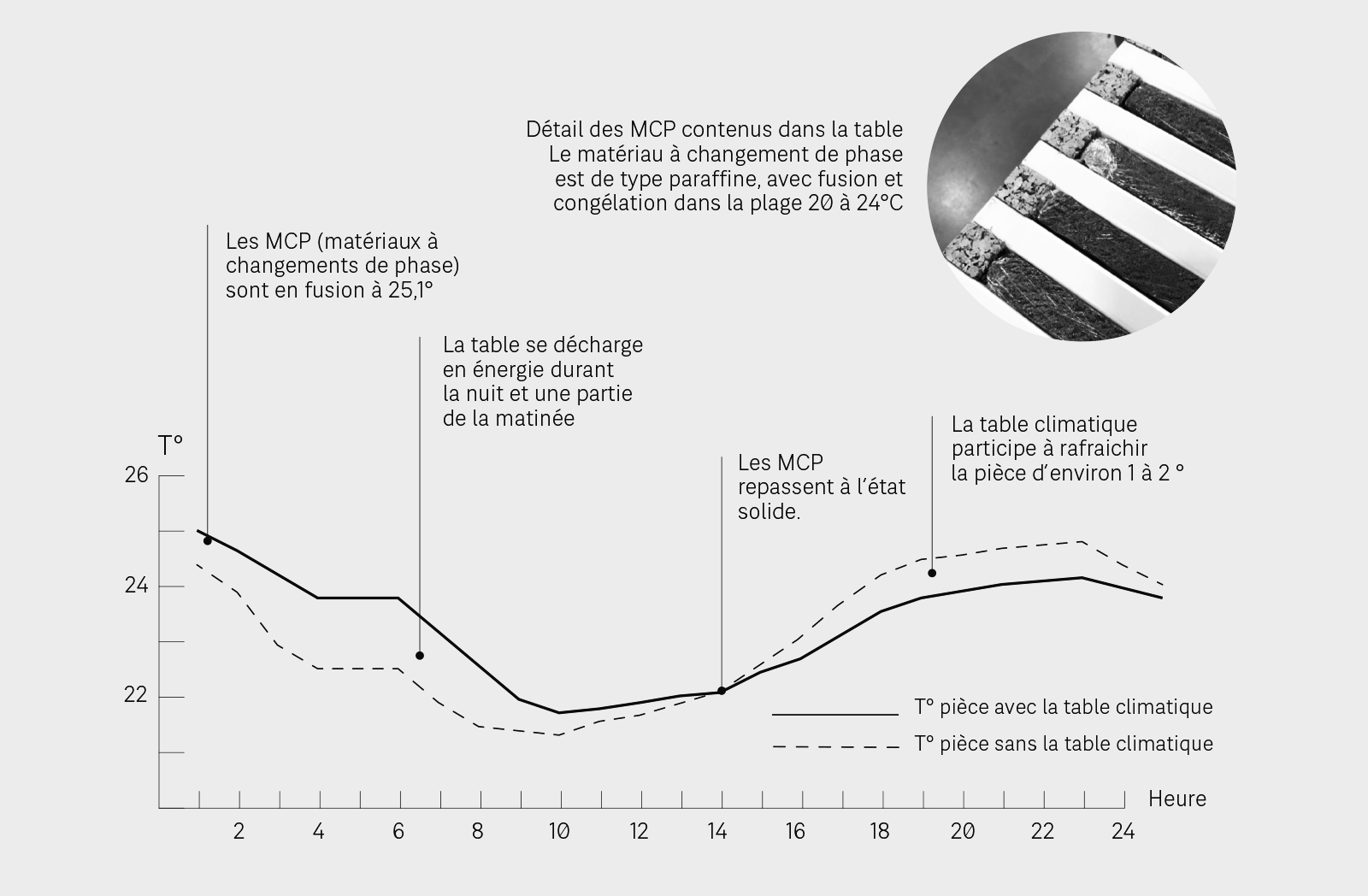
The FAIRE project accelerator allowed for the necessary experimenting and in-situ testing of the table. During the summer period, an experimental protocol validated the climatic operation of the table and the efficiency of the PCMs. The experiment compared the core temperature of the table and the ambient temperature. The results demonstrated that the table had a dampening effect on temperatures and would lower thermal amplitude by 2°C in the room where it is installed.
The furniture therefore helps increase comfort levels in low-inertia buildings, ultimately contributing to energy savings. For homes, or even shops, the table helps regulate temperatures and improves comfort. Temporary overheating is absorbed by the furniture and later released when room temperature becomes milder.
We now propose extending this experiment through a limited edition of 21 units. Part of the proceeds of the sale will be used to pursue the research around the efficacy of climate furniture.
EXHIBITION AT THE GALLERY VALERIE GUERIN
The Climatic Table is presented at Galerie Valérie Guerin, 32 Rue de Bourgogne, 75007 Paris. Starting on 17 June 2021, a numbered edition of twenty-one tables will be available for purchase at the gallery.
PROJECT PRESENTATION
ZEF programme
Jean-Sébastien Lagrange, designer and Raphaël Ménard, architect and engineer, came together for this research: to see how multidisciplinary convergence could handle this problem and provide rational, viable and user-friendly solutions.
Its purpose: design simple, effective, coherent ZEF (Zero Energy Furniture) validated objects. ZEF has a didactic intention: what if the object participated in the mediation between the use and its necessary energy? And what if the design revealed a sensitivity to "true frugality" ? The objects in the ZEF program will be voluntarily passive, made of simple, easily separable materials: energy and comfort mustn’t overpower the other crisis, that of materials.
The Climatic Table, the first Zero Energy Furniture
The Climatic Table stems from the realization that everyday objects could serve energy sobriety. It aims to bring forward passive and easy-to-use solutions improving climate well-being.
This innovative climatic furniture, developed by Raphaël Ménard and Jean-Sébastien Lagrange with the support of the FAIRE project accelerator boasts very high levels of thermal inertia in spite of their low thickness. Their secret: encapsulated phase change materials (PCMs) located between the solid wooden worktop and the underside made of anodized aluminum.
The corrugated metal promotes heat exchange between the room and the thermal mass of the PCM. The geometry of the metal sheet further enhances the structural effectiveness of the table.

The FAIRE project accelerator allowed for the necessary experimenting and in-situ testing of the table. During the summer period, an experimental protocol validated the climatic operation of the table and the efficiency of the PCMs. The experiment compared the core temperature of the table and the ambient temperature. The results demonstrated that the table had a dampening effect on temperatures and would lower thermal amplitude by 2°C in the room where it is installed.
The furniture therefore helps increase comfort levels in low-inertia buildings, ultimately contributing to energy savings. For homes, or even shops, the table helps regulate temperatures and improves comfort. Temporary overheating is absorbed by the furniture and later released when room temperature becomes milder.
We now propose extending this experiment through a limited edition of 21 units. Part of the proceeds of the sale will be used to pursue the research around the efficacy of climate furniture.
PROJECT PARTICIPANTS
Raphaël Ménard
Architect and engineer
Raphaël Ménard is the head of AREP, the multidisciplinary architecture agency—and subsidiary of SNCF Gares & Connexions—since the end of 2018. An architect and X-Ponts engineer, Raphaël has theorized his practice in numerous publications, including his thesis on Energy, Matter, and Architecture. Since 2013, he teaches at the École d’architecture de la ville & des territoires Paris-Est architecture school, as part of the Post-Carbon Architecture postgraduate cycle.
Jean-Sébastien Lagrange
Designer
Jean-Sébastien Lagrange is a ENSCI - Les Ateliers and École Boulle graduate, and founded Atelier JS.L in 2010. The industrial design studio bases itself on an open practice of design where face-to-face encounters are key and projects are often collaborative.
Jean-Sébastien was an Agora Grant for Design finalist in 2013 and 2015, and was a resident at Villa Kujoyama in Kyōtō in 2017. He is also the co-head of the EnsAd’s research chair in design on the Transformations of Student Lives.
Raphaël Ménard
Architect and engineer
Raphaël Ménard is the head of AREP, the multidisciplinary architecture agency—and subsidiary of SNCF Gares & Connexions—since the end of 2018. An architect and X-Ponts engineer, Raphaël has theorized his practice in numerous publications, including his thesis on Energy, Matter, and Architecture. Since 2013, he teaches at the École d’architecture de la ville & des territoires Paris-Est architecture school, as part of the Post-Carbon Architecture postgraduate cycle.
Jean-Sébastien Lagrange
Designer
Jean-Sébastien Lagrange is a ENSCI - Les Ateliers and École Boulle graduate, and founded Atelier JS.L in 2010. The industrial design studio bases itself on an open practice of design where face-to-face encounters are key and projects are often collaborative.
Jean-Sébastien was an Agora Grant for Design finalist in 2013 and 2015, and was a resident at Villa Kujoyama in Kyōtō in 2017. He is also the co-head of the EnsAd’s research chair in design on the Transformations of Student Lives.



